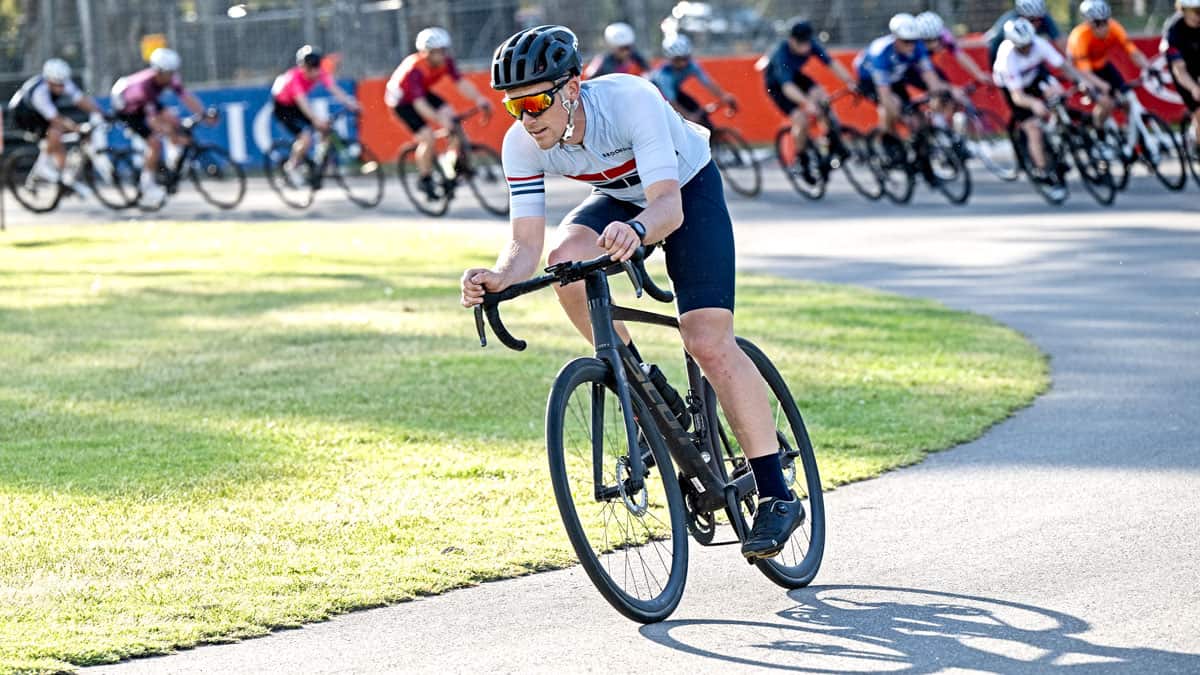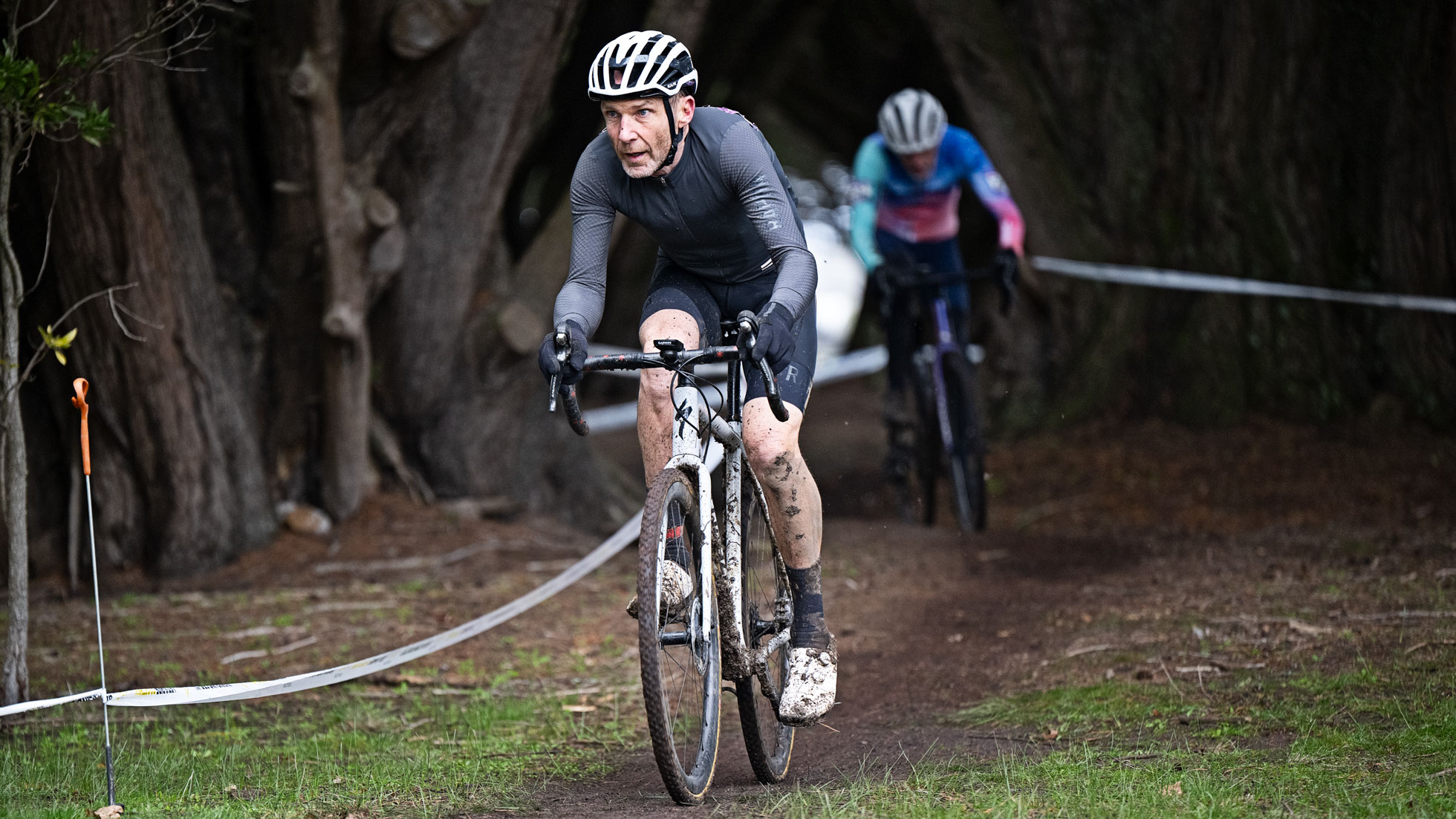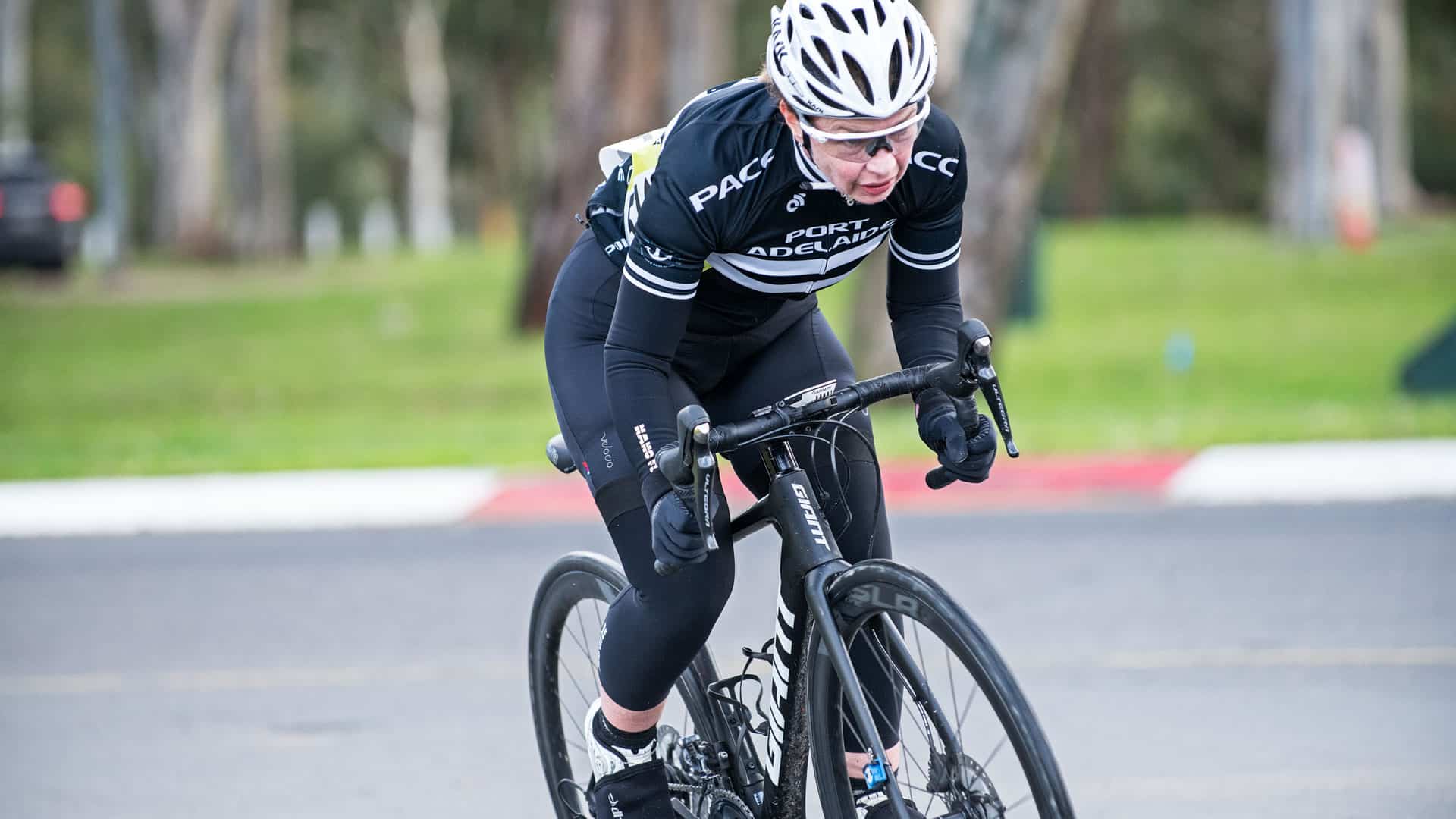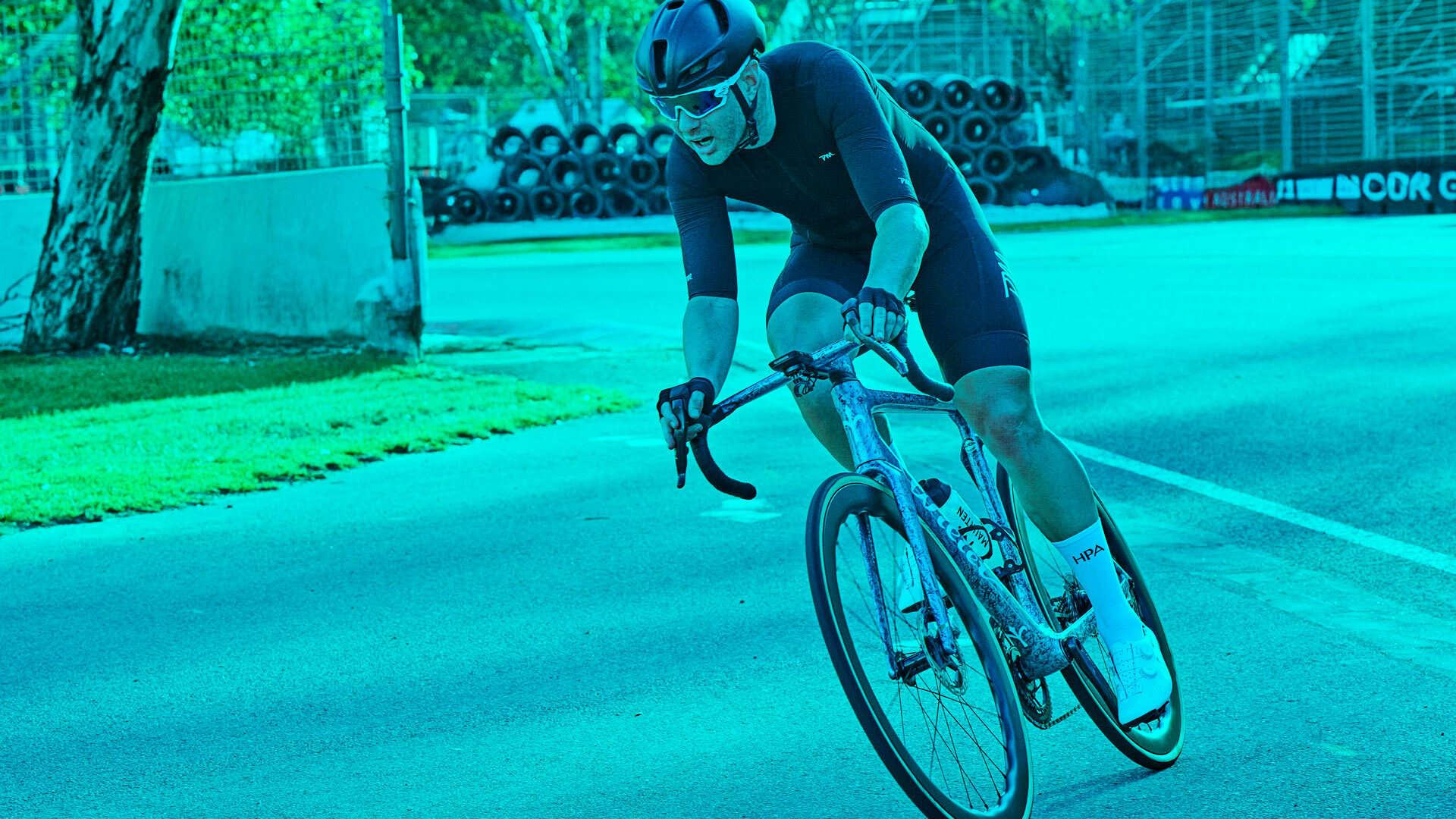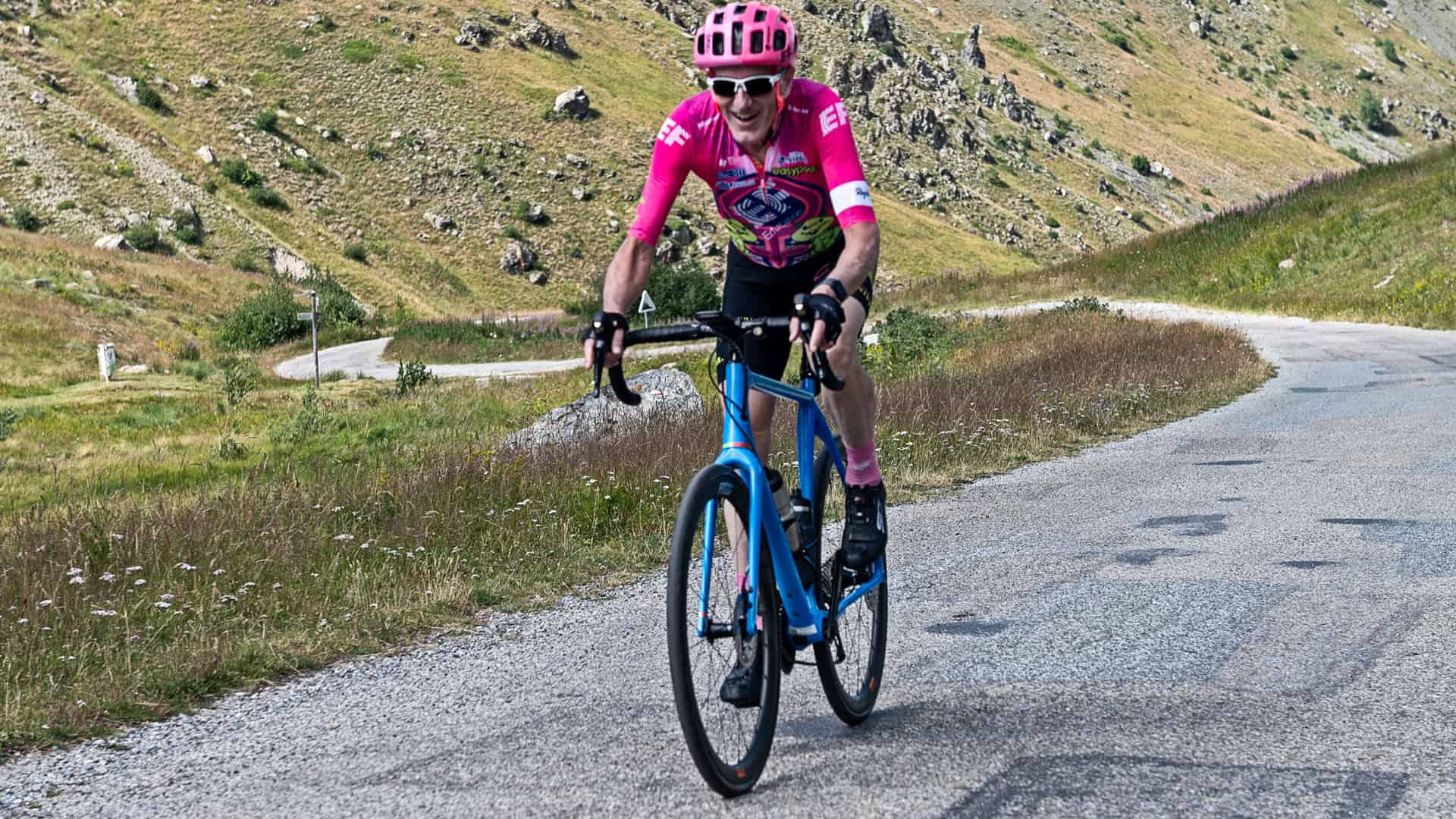Optimising Nutrition for Indoor Cycling Workouts
Indoor cycling is a fantastic way to maximise training efficiency, providing high-intensity workouts without outdoor preparation or navigation. However, optimising nutrition for indoor cycling workouts is crucial to ensure you perform at your best and recover effectively.
Pre-Workout Nutrition: Start Right
Eat Light Before Heavy Workouts
Starting a workout with a full stomach can hinder performance. Aim to have your last substantial meal about two hours before your session. Choose meals that prioritise carbohydrates and proteins while minimising fats, as fats take longer to digest. For example, a turkey sandwich with vegetables is a great option, whereas a bacon cheeseburger is not.
Pre-Workout Snacks
For afternoon or evening sessions, a small snack 30-60 minutes before your workout helps maintain blood sugar levels and ensures you don’t feel depleted mid-session.
Early-Morning Nutrition
Morning workouts require less preparation since muscle glycogen stores are typically full. A small snack, such as a banana or a sports nutrition bar, combined with a glass of orange juice, can provide the quick energy needed to kickstart your session.
Hydration and Fuelling During Workouts
Stay Hydrated
Indoor cycling workouts are often hot and sweaty. Even short, high-intensity sessions can lead to significant fluid loss. Water or electrolyte drinks should be your primary hydration sources. While carbohydrate-rich sports drinks may be beneficial for longer sessions, water suffices for most 60-75 minute workouts.
Fuel for the Effort
For shorter, intense workouts, your body’s glycogen stores usually provide sufficient energy. Eating during these sessions is often unnecessary, and the intensity may suppress your appetite.
Carbohydrate Consumption Recommendations
Optimising nutrition for indoor cycling workouts includes tailoring carbohydrate intake to the intensity and duration of your session:
- Low-Intensity Workouts (under 60 minutes): Minimal or no additional carbohydrate intake is needed.
- Moderate-Intensity Workouts (60-90 minutes): Consume 30-60 grams of carbohydrates per hour. Examples include a sports drink, gel, or banana.
- High-Intensity or Long Workouts (90+ minutes): Aim for 60-90 grams of carbohydrates per hour. Use a combination of carbohydrate sources (e.g., glucose and fructose) for optimal absorption and energy delivery.
Post-Workout Recovery
Rehydrate Effectively
Post-workout hydration is essential. Aim to consume 120-150% of the weight lost during your session within four hours. Remember that water content in food also contributes to rehydration.
Eat Balanced Meals
While a hard workout burns significant calories, avoid overcompensating. A meal similar in size to your regular meals, with a balance of carbohydrates, protein, and fats, is typically sufficient to replenish glycogen stores and support recovery.
Recovery Shakes: Use Wisely
Recovery shakes are useful for athletes performing multiple daily sessions or after particularly long or intense rides. They provide a convenient way to replenish glycogen and support muscle repair. However, if you have 24 hours before your next workout, regular meals are usually sufficient.
Special Considerations
Training Fasted
Training with protocols that deplete glycogen stores can enhance fat utilisation but is best reserved for long, low-intensity endurance rides. High-intensity sessions require adequate carbohydrate availability for peak performance.
Caffeine as a Performance Aid
Caffeine enhances focus and alertness, making it a popular pre-workout supplement. The optimal dose varies, but 3-9mg/kg is generally adequate. A cup of coffee or tea can boost your workout without overdoing it.
Finding Your Sweet Spot
Optimising nutrition for indoor cycling workouts is highly individual. Experiment with different foods, drinks, and timing to discover what works best. Pushing your limits—even to find what doesn’t work—can help you refine your fuelling strategy and achieve success in every session.
With these guidelines, you can effectively fuel your indoor cycling workouts, ensuring you’re energised, hydrated, and ready to perform at your best.
Ready to elevate your cycling performance? Book a free call with me to discuss whether you are a good fit for my coaching program and how I can create a personalized coaching plan to help you achieve your goals.

